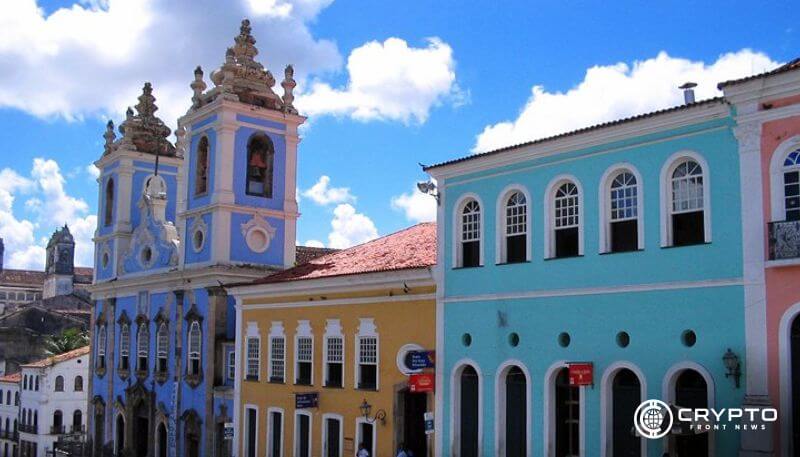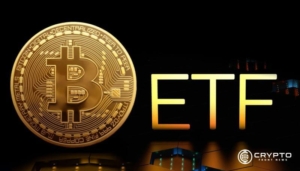- El Salvador spread its $678M Bitcoin across 14 wallets to boost security, reduce risks from quantum threats, and keep reserves transparent.
- The new Bitcoin dashboard helps citizens and investors track holdings, showing accountability while strengthening trust in national reserves.
- Despite debate on quantum risks, El Salvador’s move highlights how governments manage digital assets with both caution and confidence.
El Salvador has launched a major restructuring of its Bitcoin reserve, aiming to strengthen security and transparency while addressing future quantum risks.
The country, the first in the world to adopt Bitcoin as legal tender, announced that its 6,274 BTC—worth roughly $678 million—will now be distributed across 14 new addresses.
Each wallet will hold no more than 500 BTC, valued at around $54 million at current prices. Officials say this new approach will prevent address reuse, minimize exposure to advanced threats, and still allow public tracking through a new dashboard.
A New Security Strategy
Previously, El Salvador kept its Bitcoin in a single public wallet, a move that simplified transparency but exposed the country’s keys to repeated visibility. According to the National Bitcoin Office, when a transaction is broadcast, the public key becomes visible and could, in theory, be targeted by quantum computing. Consequently, officials explained that splitting the reserve into smaller wallets limits potential losses if cryptographic vulnerabilities ever emerge.
The new dashboard will provide continuous accountability by enabling investors and citizens to track holdings across all addresses in addition to security benefits. The reorganization also shows confidence in Bitcoin’s long-term function while supporting larger initiatives to professionalize government management of digital reserves.
Quantum Concerns and Industry Views
Project Eleven, a quantum research firm, warned that over 6 million BTC—worth around $650 billion—could eventually face quantum risks. However, the firm noted that quantum computing remains far from breaking Bitcoin’s elliptic curve cryptography.
Industry leaders like Michael Saylor dismissed the hype, stressing that even if the threat grows, the Bitcoin protocol can be upgraded like traditional software. “The answer is: Bitcoin network hardware upgrade, Bitcoin network software upgrade,” Saylor said.
Meanwhile, El Salvador’s move comes as it continues tense negotiations with the IMF. The body previously claimed the country stopped purchasing Bitcoin earlier this year, despite government posts suggesting otherwise. The IMF had granted a $1.4 billion deal in December, asking El Salvador to scale back its Bitcoin-related initiatives.
El Salvador’s shift highlights how governments balance innovation, risk management, and transparency. It marks another step in treating Bitcoin like a true national reserve asset.





